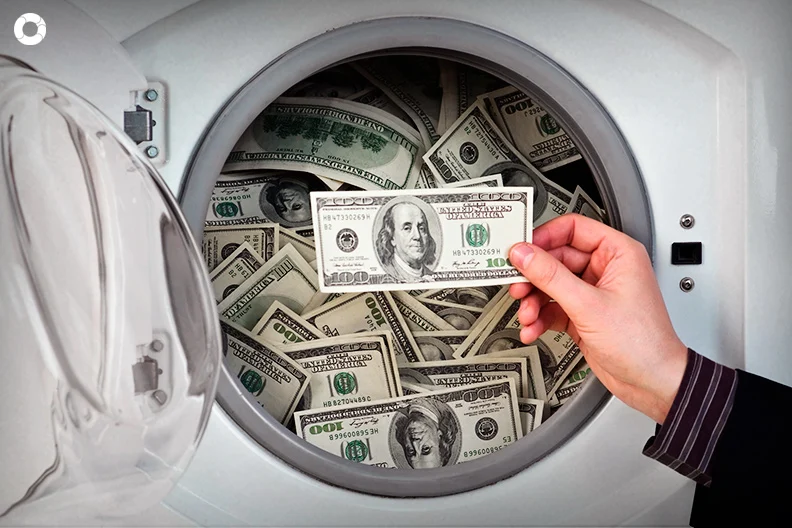
It refers to the transfer of money earned through clandestine means to or from a foreign land without paying the applicable tax. The act of converting illicit monetary assets into legitimate possessions can also be defined as money laundering. It is considered a crime in domestic law all over the world. Additionally, it is considered a thought crime. It is the process of disguising financial transactions and funds used by terrorists or criminals for illicit purposes.
Several types of financial and commercial activities can be used to launder money, including digital money transfers, cash transactions, credit card payments, offshore property development, and wire transfers.
Consequently, (A.M.L.) international financial and legal authorities have described money laundering as an illegal activity entwined with other serious crimes, such as trading, drug trafficking, smuggling, etc. It is also used to finance terrorists and other criminal organizations.
Stages of money laundering
The placement stage of money laundering occurs when the launderer introduces his illegal profits to the financial system. This method can be used to break down large amounts of cash into smaller, less conspicuous amounts that can be deposited straight into a bank account, or to purchase checks and money orders and deposit them into another account.
As soon as the funds enter the financial system, the layering stage begins. To distance the funds from their source, the launderer converts or moves them. launderers can be accomplished through investments or through wire transfers between banks around the world, or through the purchase and sale of investment instruments.
In jurisdictions that do not cooperate with anti-money laundering investigations, this use of widely scattered accounts is especially prevalent. Some launderers disguise transfers as payments for goods or services, giving them a legitimate appearance.
After successfully processing his criminal profits through the first two phases, the launderer moves to the third phase – integration – in which the funds re-enter the legitimate economy. Investments in real estate, business ventures, and luxury assets may be chosen by the launderer.
